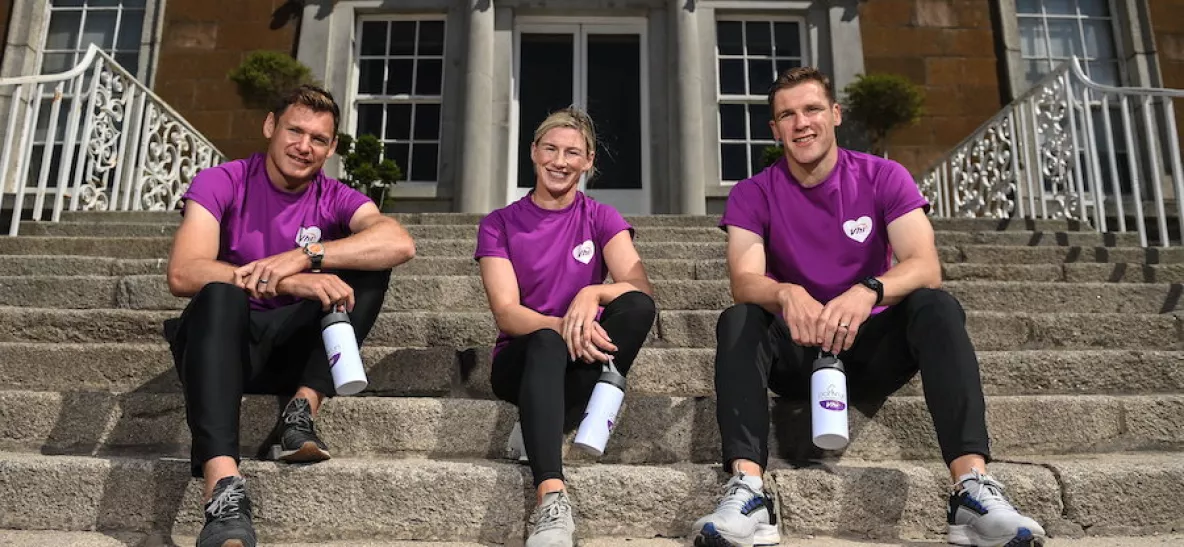
PAfH Core Member, Dr Brian Carson, was recently part of the ‘More Than Running’ campaign from Vhi aimed to encourage people to attend local Parkruns by highlighting the associated health benefits that taking part in parkrun brings to its participants.
Dr Carson (University of Limerick lecturer and Exercise Physiologist) says even minor changes to your routine can have a positive effect on your health, and encourages people who haven’t previously experienced a parkrun to take that first step this summer;
“Many people are understandably overwhelmed when it comes to taking steps to improve their health and fitness. The key is to take it step by step, and parkrun is an excellent way to do this in a friendly, positive community setting. Even a small increase of one additional hour per week in the amount of exercise you do has a protective effect on your heart and vascular health*, so walking or running 5km at a reasonable pace at your local parkrun on a Saturday morning can provide you with these benefits.”
Dr Carson suggests that no matter your current fitness level even a small increase in the amount of physical activity you do can have multiple health benefits, with studies and scientific research offering the following reasons to get active:
- Exercise has been proven to be beneficial in the treatment of 26 chronic diseases, including type 2 diabetes as well as respiratory and cardiovascular diseases.**
- By limiting the time you spend sedentary (i.e. not moving) and replacing it with sufficient physical activity of any intensity, you can almost halve your likelihood of encountering cardiovascular disease and lowers the risk of stroke by over a quarter.***
- In a recent study of over 60,000 parkrun participants, new participants who were previously inactive reported improvements to fitness, physical health, happiness and mental health.****
Research
* Oguma and Shinoda-Tagawa, 2004
** Pedersen and Saltin, 2015
*** Coelho-Ravagnani et al., 2021; and Hu et al. 2000
**** Quirke et al., 2021